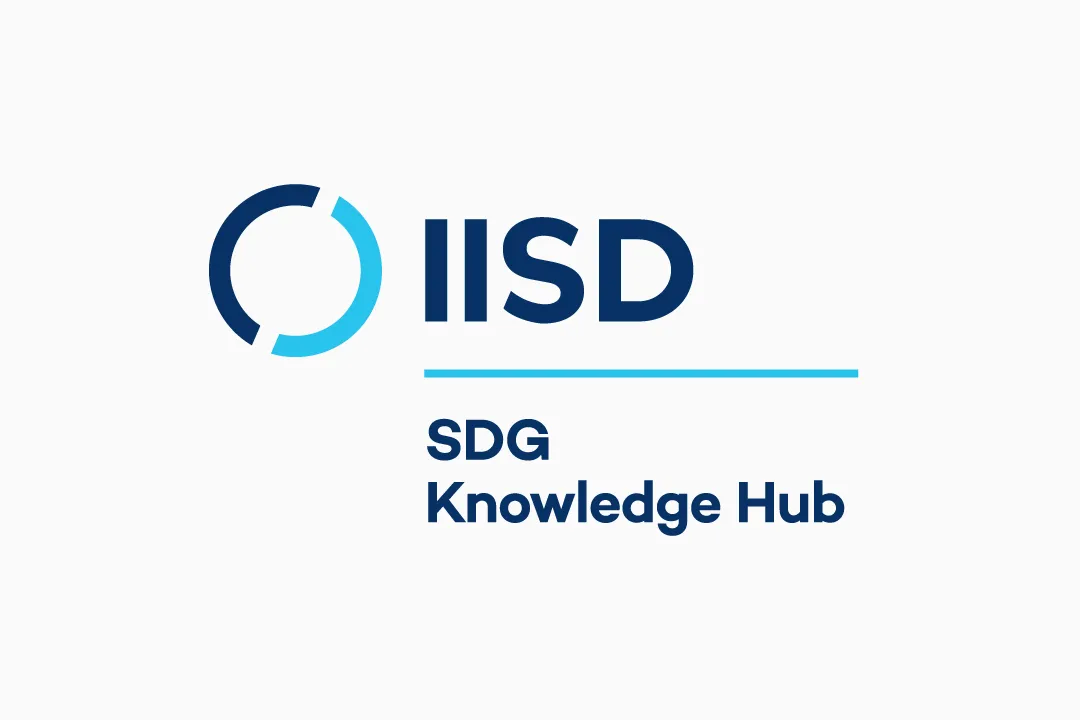 4 June 2014: UN Member States, international organizations, research institutions, and civil society convened to discuss possible arrangements for a facilitation mechanism to promote the development, transfer and dissemination of clean and environmentally sound technologies. The third structured dialogue on technology facilitation organized by the UN General Assembly (UNGA) under Resolution 68/210 took place on 4 June 2014, at UN Headquarters in New York, US.
4 June 2014: UN Member States, international organizations, research institutions, and civil society convened to discuss possible arrangements for a facilitation mechanism to promote the development, transfer and dissemination of clean and environmentally sound technologies. The third structured dialogue on technology facilitation organized by the UN General Assembly (UNGA) under Resolution 68/210 took place on 4 June 2014, at UN Headquarters in New York, US.
Guilherme de Aguiar Patriota, Deputy Permanent Representative of Brazil, served as co-moderator and opened the dialogue, noting that in ongoing negotiations on the Sustainable Development Goals (SDGs) the question of technology still has a low profile, even though it is important for all of the focus areas under discussion.
Thomas Gass, UN Department of Economic and Social Affairs (DESA), said the ultimate objective is to help generate a leap in the worldwide availability and affordability of technologies that can help achieve sustainable development, including the SDGs. In this respect, he suggested that the structured dialogues should be seen as a sort of “shadow decision-making discussion.” Gass highlighted several sources and options for Member States to consider: a concrete proposal for an Advanced Research Projects Agency for Sustainable Development; DESA’s note, titled ‘Summary of Issues for Discussion Arising from Dialogues 1 and 2’ (held on 29 and 30 April), which outlines a broader set of questions and options; the options proposed by the Secretary-General in his two reports on technology facilitation; the “rich harvest” of statements, proposals and presentations submitted by participants in the structured dialogues and in last year’s technology workshops; and the choice between coordinating current technology facilitation efforts, or a UN-led discussion on creating a new mechanism.
The Group of 77 and China (G77/China) said the mechanism should be a structure placed under the High-level Political Forum on sustainable development (HLPF) and serviced by DESA, which could include an electronic knowledge platform incorporating a global database. The structure should consist of: a technology development fund; a network of technology transfer, innovation and information centers, based on existing global and regional centers, online platforms, clearinghouses, international conventions with technology provisions and economic partnership agreements; a network of universities and research institutions; capacity development programmes and knowledge platforms; public-private partnerships including on collaborative intellectual property systems and licensing; and a management and coordination structure within the UN, including regional and sub-regional cooperative mechanisms and national coordination units. The Caribbean Community (CARICOM), Egypt, India, and Iran expressed views supporting the idea of a new structure.
The EU said the first two dialogues had not revealed a broadly acknowledged agreement on the unfulfilled need for a technology mechanism. He emphasized that successful technology transfer involves: access to financing and promotion of entrepreneurship and foreign direct investment (FDI); Science, Technology, Engineering and Mathematics (STEM) education; capacity building in Science, Technology, and Information (STI); and promoting good governance and a regulatory framework, including for Intellectual Property Rights (IPR). Sharing this view, US underlined that, at the international level, coordination and public awareness require better information sharing and a decentralized structure that allows more customization for each country and for the needs of each stakeholder.
Japan called for clarity on: the difference between the Climate Technology Centre and Network (CTCN) and a new mechanism; the added value of the mechanism; and what gaps still need to be addressed after the establishment of CTCN and other initiatives. Without such answers, she said, Japan is not in a position to discuss establishing a new mechanism.
Closing the dialogue, co-moderator Paul Seger, Permanent Representative of Switzerland, noted the divergent views on the mechanics of the process. He said the co-moderators will prepare several options and discuss them with Member States, trying to identify elements to be sent to the President of the UNGA and to the Secretary-General. The fourth and last structured dialogue will take place on 23 July 2014, in New York, US. [Structured Dialogues Website] [Notes from Co-Moderators on 1st and 2nd Dialogues] [DESA Summary of Issues for Discussion] [ARPA Proposal]

